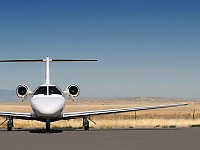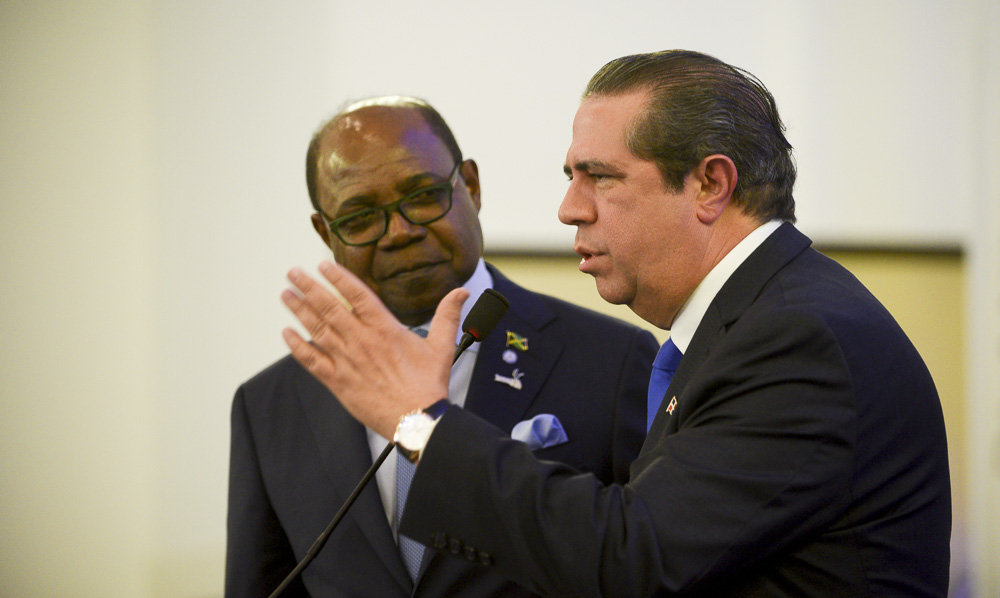This post may contain affiliate links. We may earn money or products from the highlighted keywords or companies or banners mentioned in this post.

The USPNT, the French Trade Union of Technical On-board Personnel, warned the government about an unlawful form of passenger transport by plane and helicopter through websites offering plane sharing services.
The websites connect travelers with the pilots of small planes flying around with empty seats. The sites thus aim to bring the popular ride-sharing to the skies. In the U.S. a Dallas-based company, Rise, offers private flight sharing between Dallas, Houston, Midland and Austin. They also plan expanding to Europe with flights from London to Dublin, Paris and Brussels starting in early 2016.
Another American website, Flytenow, however was recently shut down by the Federal Aviation Administration accusing them of dodging the requirements that apply to pilots who ferry passengers.
Plane-sharing services are now coming to Europe, to France specifically, where they face an opposition of the USPNT. For the union, these flights, bypassing the French and international regulations concerning the Public Transportation of People, present a disturbing phenomenon.
According to the USPNT, they can indeed be carried out by private pilots with little experience, and an almost nonexistent medical follow-up, with aircrafts of which they are not necessarily the owners, sometimes registered abroad, and overcoming constraints and regulatory limitations – flight hours limitations, specific maintenance requirements for public passenger transportation by aircraft, obligation to hold operating manuals.
Moreover, the union states, they affect the safety of aviation and national security, given the absence of controls for passengers and their luggage. They offer bypassing opportunities for customs controls and for taxes and contributions supposed to be allocated to the budget and public system. In case of an incident or accident, the coverage of the insurance policies is exposed to exclusion clauses.
Furthermore, these practices are according to the USPNT at the expense of the professional French pilots, many of whom are looking for jobs. “While we already face social dumping and attacks on the French air transportation, by disguised subsidies from Gulf airlines, budget airlines practices running counter to rules, using relocated houses, forcing their pilots to work precariously through self-entrepreneur contracts in countries with low social welfare, paying for their training and uniforms, even forcing them to pay to work, the USPNT cannot accept the drifts of plane sharing.”
The USPNT requested the services of the state to act quickly, as the authority of civil aviation in the U.S., to shut down these plane-sharing websites and thus stop their practices.










